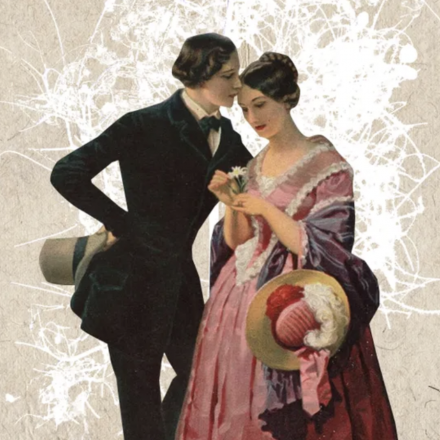In today’s world, romantic relationships don’t always follow the classic “he + she forever” story. What if what you think of as traditional monogamy could actually be more flexible and complex? Dr. Aaron Balick and his research on ethical non-monogamy have London talking: love can be seen differently—without the usual restrictions.
Take Max, for example. He and his partner Jevon were in an open relationship—not just “casual,” but deep emotional connections with others over fifteen years. Suddenly, both fell in love with the same man, Hassan. The idea arose to all live together—a “throuple.” Max understood: “We all love each other, but I’m afraid this could ruin everything.” Fear is normal when restructuring the familiar model of a relationship.
Monogamy: Myth or Reality?
Statistics speak for themselves. In the UK, two out of five marriages end in divorce, and the average marriage lasts just 13 years. Interestingly, only 35% of Americans believe humans are naturally monogamous. Yet only 9% have ever tried polyamory, and most wouldn’t even consider it. Polyamory isn’t a “list of lovers,” but a system of agreed-upon rules for all participants.
Polyamory: More Than Sex
Many imagine polyamorous relationships as “free love,” but in reality, they are far more complex. There are multiple models: “monogamish”—couples allow small side connections; “hierarchical poly”—a primary couple with secondary partners; “solo poly”—independent people without a main partner; “throuple”—three people in a loving unit; “relational anarchist”—fully rejecting traditional relationship concepts.
The key to success: trust, honesty, open communication, and consent from all parties. This doesn’t mean polyamory avoids conflicts or jealousy; in fact, adding a third or fourth partner increases complexity. But with clear rules and good communication, love can thrive even in unconventional configurations.
Could You Be Polyamorous Without Knowing It?
The story of Simon and Amina is a perfect example. Seven years of marriage, and Amina has a passionate text exchange with an old flame. No physical cheating occurs, but Simon feels betrayed. The issue isn’t the intensity of her feelings for someone else, but trust and honesty. Polyamory teaches a new perspective on relationships: instead of limiting love, you can create your own rules that respect everyone’s desires and boundaries.
Balance Between Independence and Interdependence
The main lesson of polyamory: relationships are not “one-size-fits-all.” It’s essential to regularly review and update the terms of the relationship, consider changes in partners, and maintain a balance between personal freedom and mutual care. Love doesn’t always require exclusivity; it often requires sharing attention, respect, and affection.
Polyamory isn’t for everyone, but it offers a fresh perspective on love. Sometimes it’s risky to be monogamous, sometimes polyamorous. The key is one thing: build relationships honestly, with open dialogue and mutual support.


















